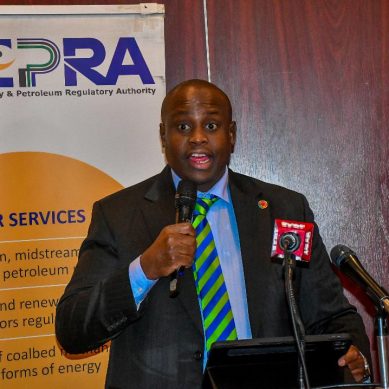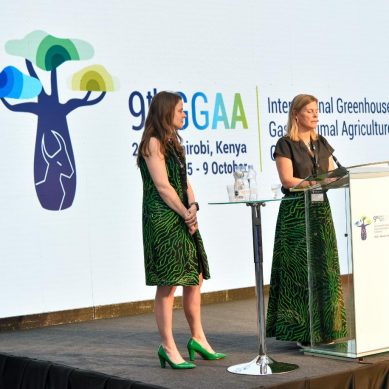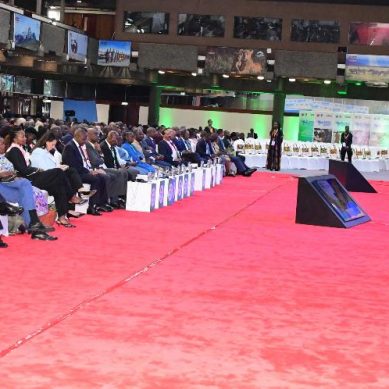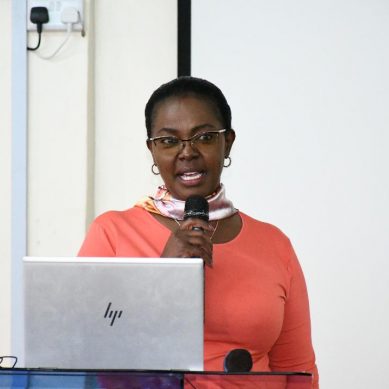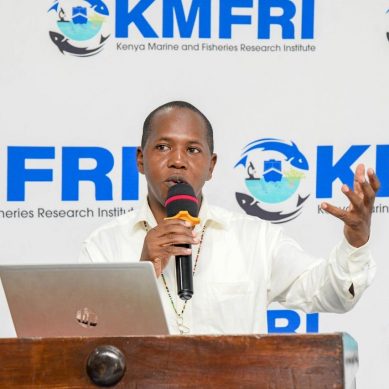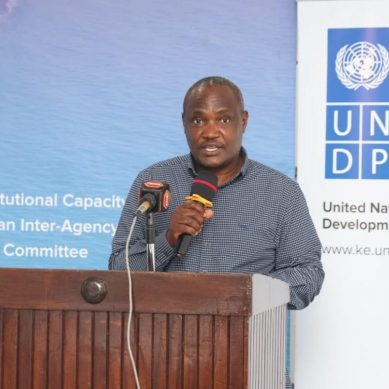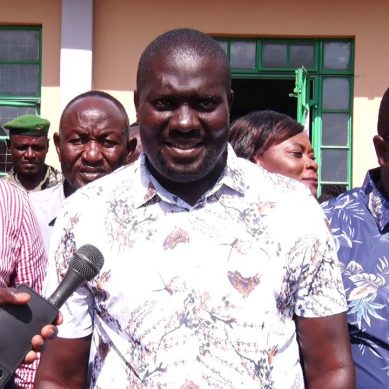Kenya’s energy authority rolls out new rules regulation to inject rapid response, sector efficiency
Among the key highlights at the event was the introduction of the Energy Net Metering Regulations 2024, which allow consumers generating renewable power, referred to as prosumers, to feed excess electricity into the national grid and earn credits.
Nairobi hosts 500 world leading livestock scientists for Greenhouse Gas and Animal Agriculture Conference
Kenya is actively working to reduce these emissions by implementing climate-smart agricultural practices and improving livestock productivity to align with its low-carbon development goals. Strategies include enhancing feed efficiency, optimising feed formulation, better manure management, and improving rangeland management in fragile ecosystems.
Kenya women’s national football team gears up for Africa Cup of Nations qualification
The squad reported to training camp this week as preparations intensify for the decisive fixtures. Kenya is aiming to make a return to the Women’s Africa Cup of Nations for the first time since their debut appearance in 2016.
Kenya to leverage technology to drive Comesa bloc trade
Investments, Trade and Industry Cabinet Secretary Lee Kinyanjui reiterated Kenyan government’s commitment to advancing digital trade, agricultural modernisation, and strategic partnerships.
Kenya’s Gender and affirmative action principal secretary calls for abolition of kangaroo courts
According to the principal secretary, the county has in the past three months recorded 46 SGBV cases with the latest case involving a 76-year-old man who had repeatedly been defiling a nine-year-old girl. Similarly, a total of 106 suicide cases were recorded in the last 11 months in the county with a majority of the victims being men.
Marine research institute and National Bank of Kenya discuss blue economy funding
Discussions also underscored the need for strong partnerships among financial institutions, government and the private sector to align strategies, pool resources and deliver long-term impacts for both people and the planet.
Kakamega County own source revenue rises to $14m but misses $17m target
Among the new revenue sources are charges on electric vehicle charging points, with rural areas paying Ksh4,000 ($32), urban centres Ksh6,000 ($46.37) and the municipality Ksh8,000 ($61.83) per charging point. The county has also introduced new charges for underground fuel storage tanks with a capacity between 10,000 and 20,000 litres.




